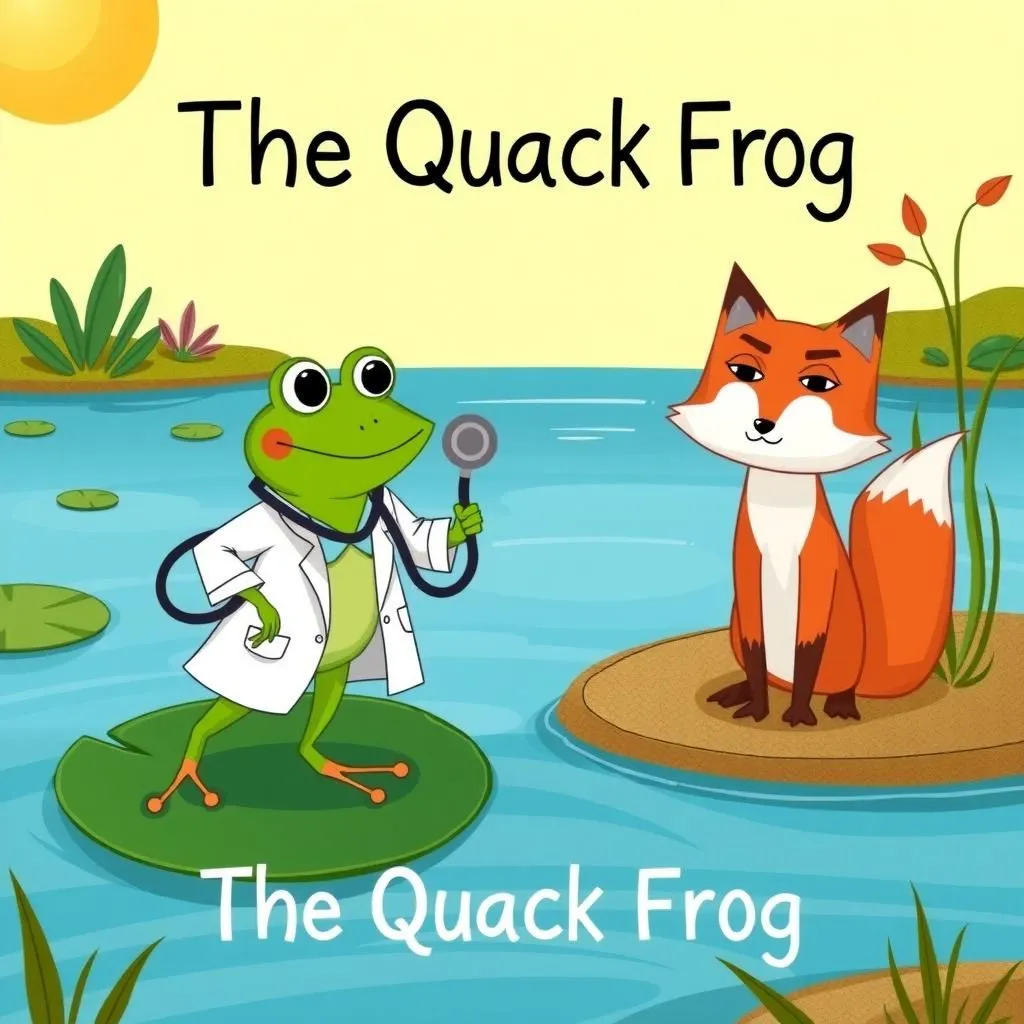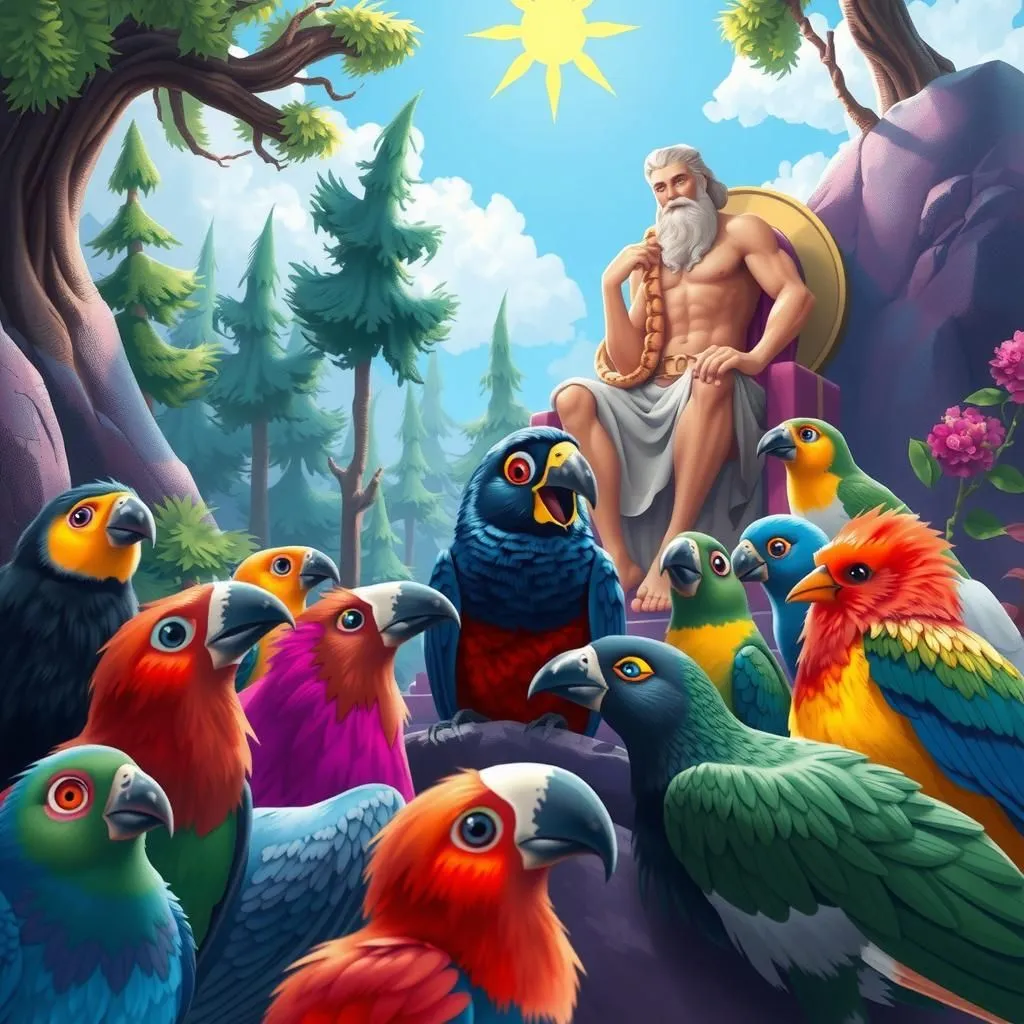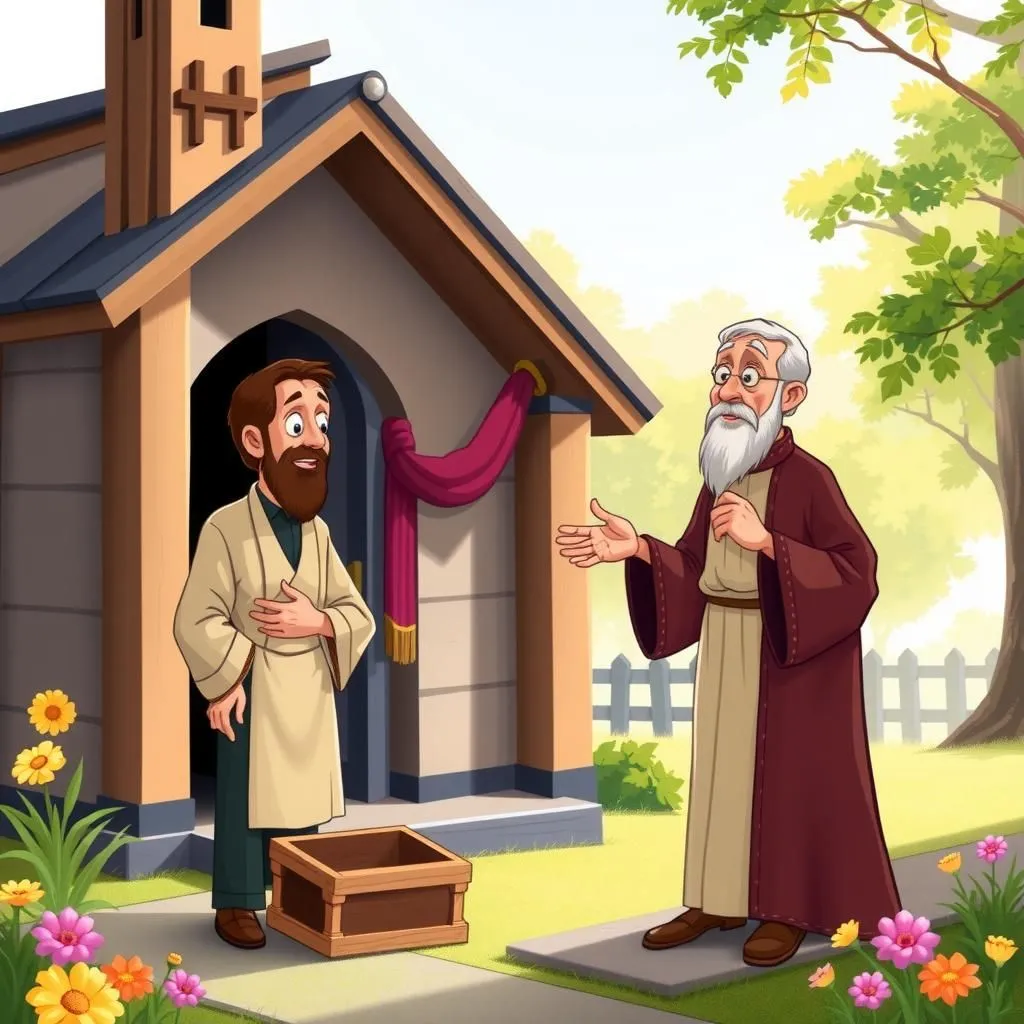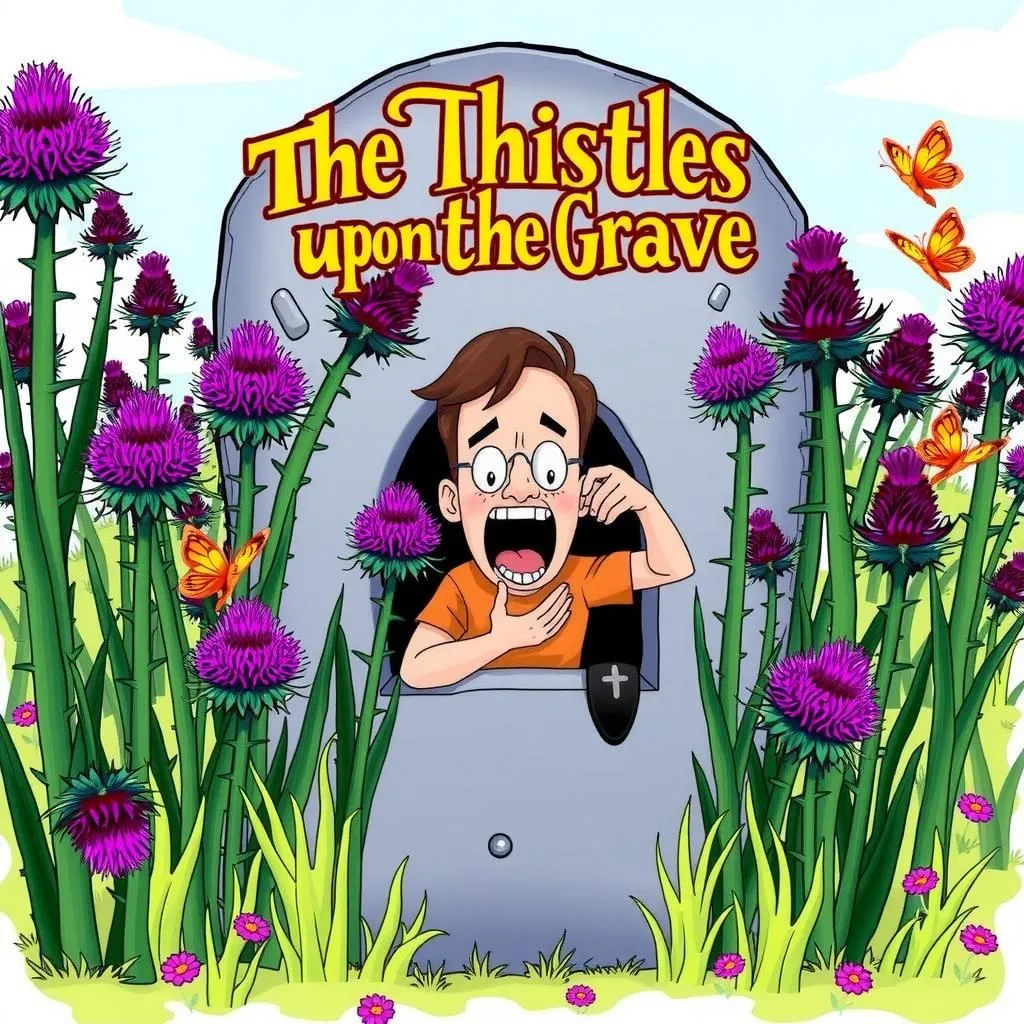
The Quack Frog
In "The Quack Frog," a frog falsely claims to be a skilled physician, boasting of his medical expertise to all the animals. However, a skeptical fox highlights the frog's own ailments, teaching young readers a timeless moral about the folly of pretending to have qualifications one does not possess. This short moral tale serves as a valuable lesson learned from stories about the importance of honesty and self-awareness.


